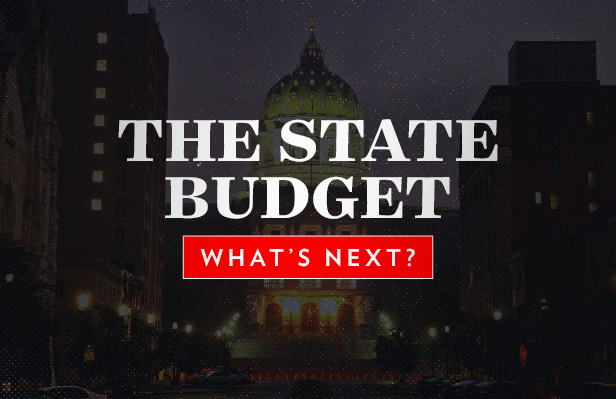Media

Budget Complete as Fiscal Code Becomes Law
Late on Friday afternoon, Gov. Tom Wolf quietly announced the fiscal code will become law without his signature. This significant development closes the door on a tumultuous year of state budget politics—and represents an important victory for public and private school children.
Just last month Wolf opted to veto the fiscal code, which included a fair funding formula for education spending, language authorizing businesses to receive tax credits for their donations to private school scholarship organizations, and state funding reimbursing school districts for construction and renovation costs.
Lawmakers responded to the governor's veto by passing a stripped-down version of the fiscal code—this time with strong bipartisan support and veto-proof majorities. Apparently Wolf saw the writing on the wall and decided to refrain from yet another veto.
Thanks to passage of the fiscal code, education spending above 2014-15 levels will be distributed through a rational formula that accounts for student enrollment. This formula includes recommendations presented by CF in testimony to the Basic Education Funding Commission.
Ideally, the formula would apply to the entire Basic Education line item—not only the new education spending—but the fiscal code remains a step in the right direction. Certainly, the formula is an improvement over Wolf’s preferred funding scheme which funneled millions to Philadelphia, Chester-Upland, and Wilkinsburg at the expense of 423 other districts.
Further, the finalized fiscal code allows businesses that made donations to the state’s popular scholarship tax credit programs to utilize their tax credits in either 2015 or 2016. Recall that last year the Wolf administration put a freeze on the scholarship programs—claiming student hostages and causing confusion for participating businesses. The technical amendment in the code will reduce administrative headaches for businesses and allow more students to receive scholarships.
A no-tax increase state budget, combined with a fiscal code that protects students, is a crucial victory for families and businesses in the commonwealth.